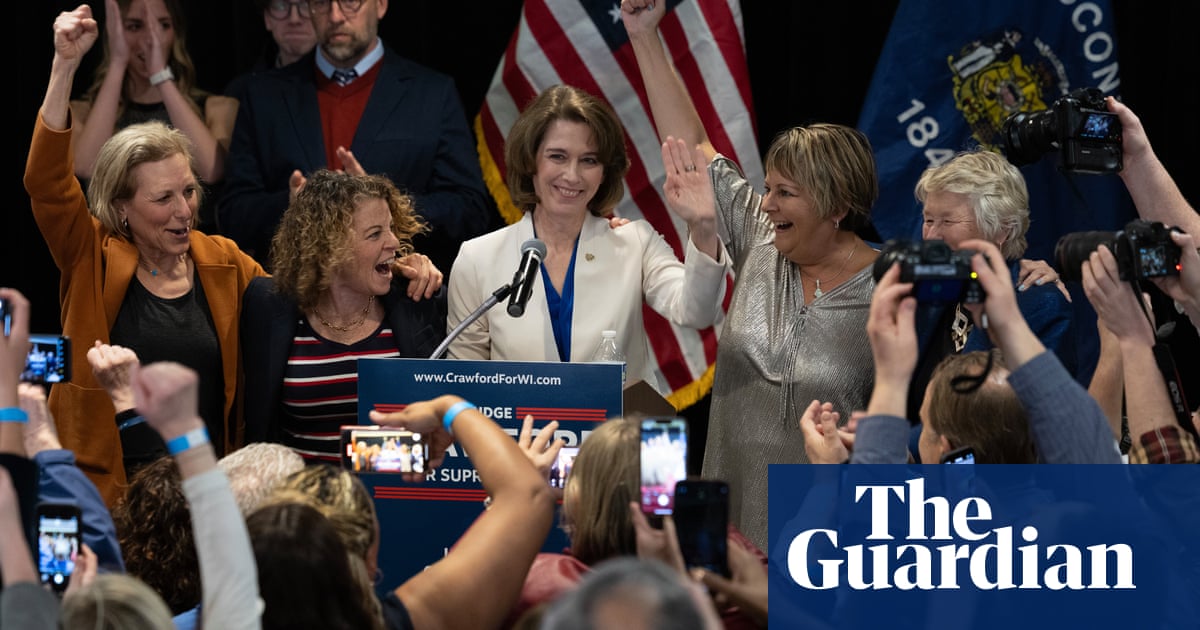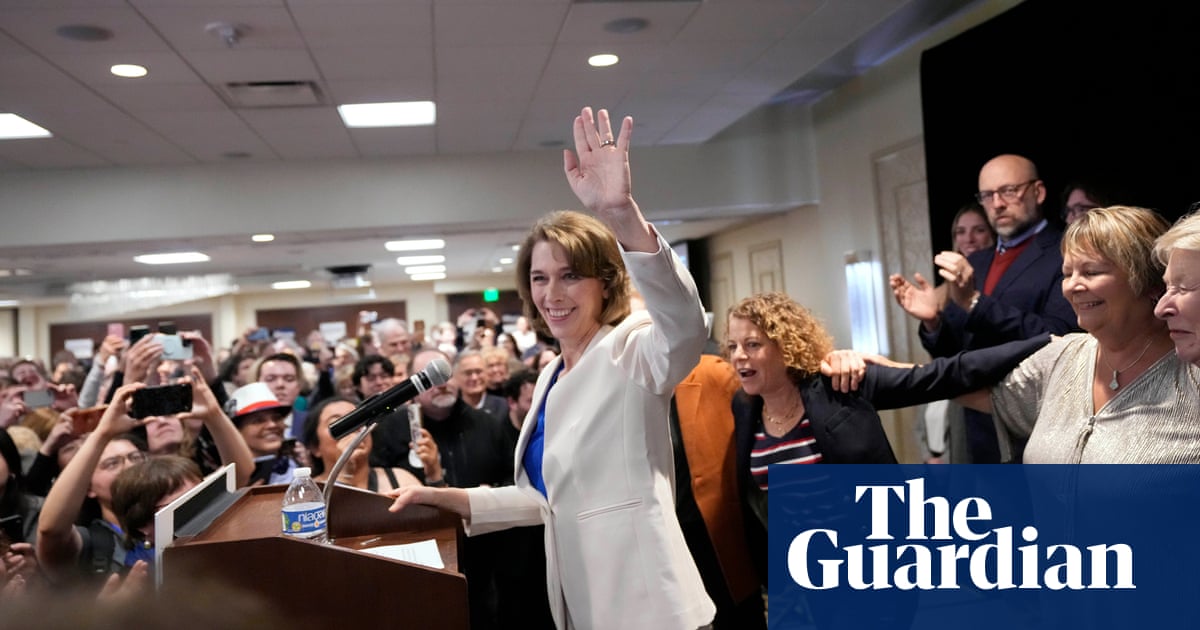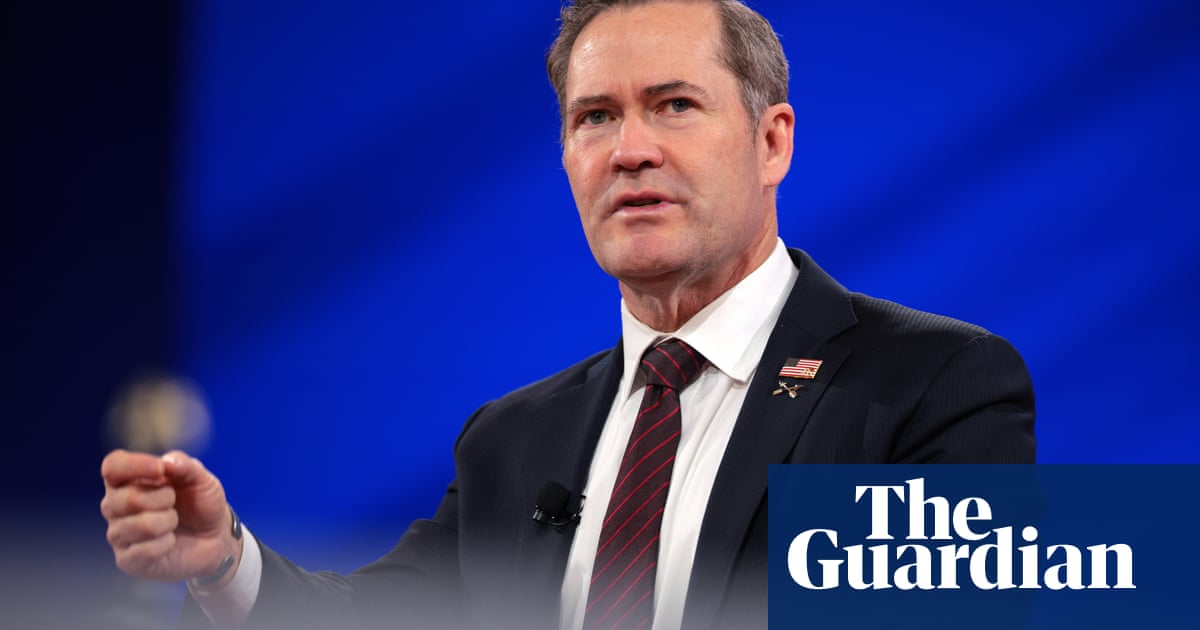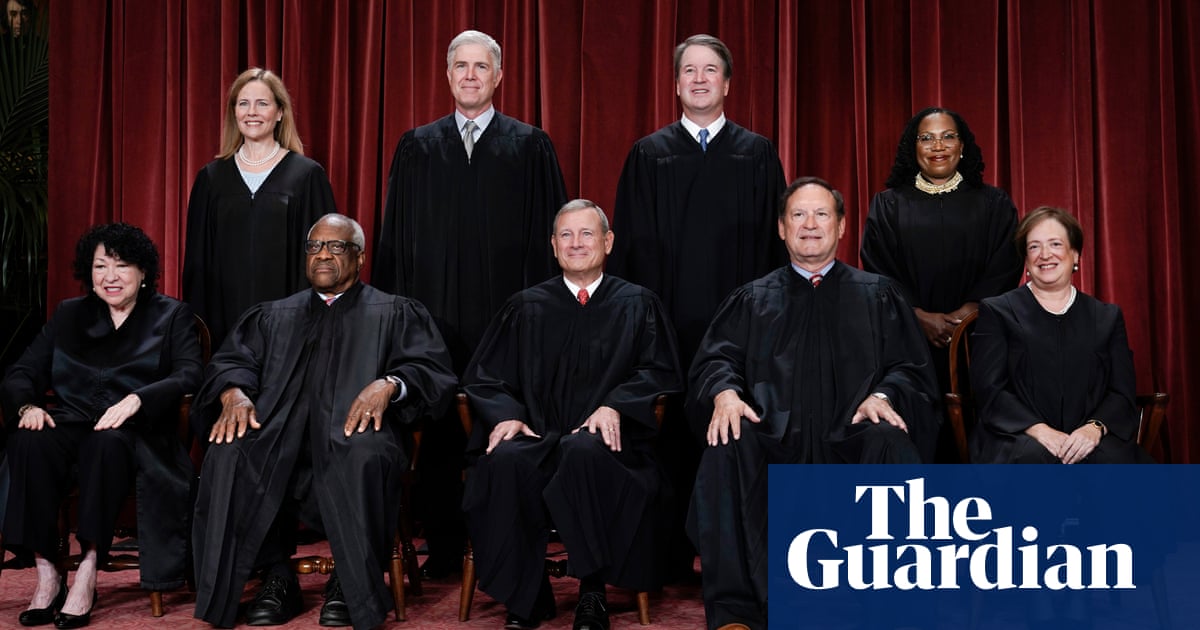Late on Friday evening, the trustees of Columbia University announced that its interim president, Katrina Armstrong, was leaving her post.
Six days earlier, she had convened an emergency meeting with 75 faculty after the university had cravenly surrendered to the demands of the Trump administration in the hopes of recovering $400m in federal grants and contracts. The president and her staff called their predicament “heartbreaking” and sought to reassure faculty that academic freedom and departmental autonomy remained intact.
A transcript of the meeting was leaked. Two days later, the president was “returning to lead” the university’s medical center. She was replaced by a trustee.
For a member of the board of trustees to assume leadership of the university, without even the fig leaf of faculty consultation, has never occurred in the 271-year history of Columbia. Unprecedented in its own right, the episode also exposes a deeply worrisome problem of governance in American higher education. This has been building for years, but now the stakes are higher than ever: the very survival of the university as we know it.
American universities, in their recent dealings with the federal government – and with their own trustees – have repeatedly shown themselves incapable of preserving the core values of academic freedom and shared governance. This failure has been widely noted, but unasked is who bears responsibility. Who precisely decides to surrender those values, whether at private institutions like Columbia, Harvard or the University of Pennsylvania, or at public ones like the University of North Carolina or the University of Minnesota?
The ultimate decision-maker at colleges and universities is the board of trustees. And these boards, as the explosive events of the past year demonstrate, have serious problems, both in how they are constituted and how they lead. Those committed to the distinctive strengths of the university as a maker, teacher and custodian of knowledge, both old and new, must at long last try to grasp why these boards are failing and figure out how to fix them.
Trustees (sometimes called governors, regents, visitors, or “members of the corporation”) have a lofty function: to ensure the financial health and stability of the institution, partly through their own donations. This fiduciary responsibility has extended to the recruitment, appointment and retention of the president, and sometimes of other senior administrators, usually (as at Columbia) with little substantive faculty consultation required by the norms of shared governance. Trustees play an increasingly active role in academic decisions through the levers of cost, donor power and financial austerity. In our fraught times, these levers are in increasing use, especially by the Trump-driven Republican party, to target disciplines, departments, and individual professors. Many boards have become political wolves in the guise of fiduciary sheep.
Boards of trustees are essentially private clubs, which follow their own, always confidential, norms to determine who is asked to join, who controls key committees, and who is gently persuaded to resign when they do not meet the criteria of the most influential trustees. (In some private institutions, presidents may have a say in who gets selected as trustees, but presidents themselves are appointed by trustees.) At public universities, these boards are directly tied to the powers of state legislatures and administrators and thus are at the mercy of state politics in key matters. In private ones, the club is dominated by heavy hitters in business, law and technology; the number of alumni, academics and students is vanishingly small. These business-oriented trustees (a majority being white and male) treat their board meetings as golf parties; they schmooze, network and discuss deals while going through the motions of discussing university policies and priorities.
Who becomes a trustee? At Columbia there are 21, all of them from business, law and technology, with the exception of a former journalist. Although they are in charge of an academic institution, none of them is an academic. None as ever led a classroom or a lab meeting or medical rounds with interns. None has gone through the process of tenure, where their teaching, publication record and service are rigorously assessed by colleagues in the field both from within the institution and outside it. None as ever had their work peer-reviewed by anonymous readers or panels of experts. None has ever published in academic or scientific journals or presses and had their ideas debated in the public sphere. None has ever framed a hypothesis and tested it on the basis of evidence they have collected. None, in short, has sought truth and had their search confirmed by objective scholars and scientists.
How, we ask, can people be entrusted with running a university when they have no lived experience with or understanding of its core functions and aims? What qualifications do such trustees bring to their office beside the capacity and expectation to donate? And what do those qualifications, which pertain to private profit, have to do with the concerns of scholars and scientists and doctors, which pertain to the public good? Universities are replicating the plutocratic domination of the Trump administration.
Is it any wonder, then, that Columbia’s trustees are prepared to ignore the foundational values that constitute a university – academic freedom and shared governance – in order to reach an accommodation with the federal government?
The Columbia board is by no means unique. The same situation prevails, with few exceptions, across the Ivy League and its peer institutions (exemplary is the University of Chicago). As far as public universities are concerned, though there are some variations among several of the flagships, such as the regents of the universities of California, Michigan and Wisconsin, they are typically composed of lawyers, politicians and businessmen, and generally appointed by governors of individual states. Their accountability is hard to locate in their charter documents, and their near-autonomous powers are wide-ranging. In these regards, they are very much like their private counterparts.
These facts would be sobering enough as evidence of the longstanding privilege and exclusivity of boards of trustees and their role in bringing bigger political and economic agendas into the heart of academic governance. But there is an even more worrisome issue.
Boards are accountable to no one – only to themselves, and to some vague set of norms, often unwritten, about their obligations. Accountability is for faculty, administrators, and students.
Given the remarkable absence of any mechanism for assessing, monitoring, or auditing their performance, should we be surprised if trustees bring the most intense political agendas into the heart of the institutions they oversee? With their powerful connections to local, state and federal agendas and networks, trustees become conduits for politicians and finance-driven values that affect the core life of academic institutions rather than buffers against these forces. (A Penn trustee was accused by the faculty last year of attempting a “hostile takeover” of the university.)
The most urgent need today, as the Columbia case shows, is to create a new social contract on boards of trustees, who have become too craven to be watchdogs and too self-interested to be trusted. This change will require hard community-based activism that balances lawyers, hedge fund managers and tech bros with professors, schoolteachers, researchers, scientists, and students. For public institutions, this may require legal support, as well as a powerful alliance between communities and state governors. Without such changes in boards of trustees, the current capture of colleges and universities by an unholy alliance of wealthy alums, rightwing billionaires and bureaucrats is likely to become entrenched.
Creating this new social contract will require two crucial steps. The first is to bring the full force of public scrutiny to bear on boards, their membership, their accountability, and the checks on their powers. The second is to demand that all academic governing boards both reflect and defend the fundamental values of universities in a liberal democracy: freedom of academic speech, opinion and inquiry; procedural transparency; and demographic diversity.
There are many universities left on the government’s hit lists, and before they lose their souls, their boards of trustees must be held to account.
-
Arjun Appadurai, professor emeritus at New York University, is the former provost of the New School. Sheldon Pollock is professor emeritus, Columbia University, and former chair of its department of Middle Eastern, South Asian and African Studies

 German (DE)
German (DE)  English (US)
English (US)  Spanish (ES)
Spanish (ES)  French (FR)
French (FR)  Hindi (IN)
Hindi (IN)  Italian (IT)
Italian (IT)  Russian (RU)
Russian (RU)  1 day ago
1 day ago
























Comments